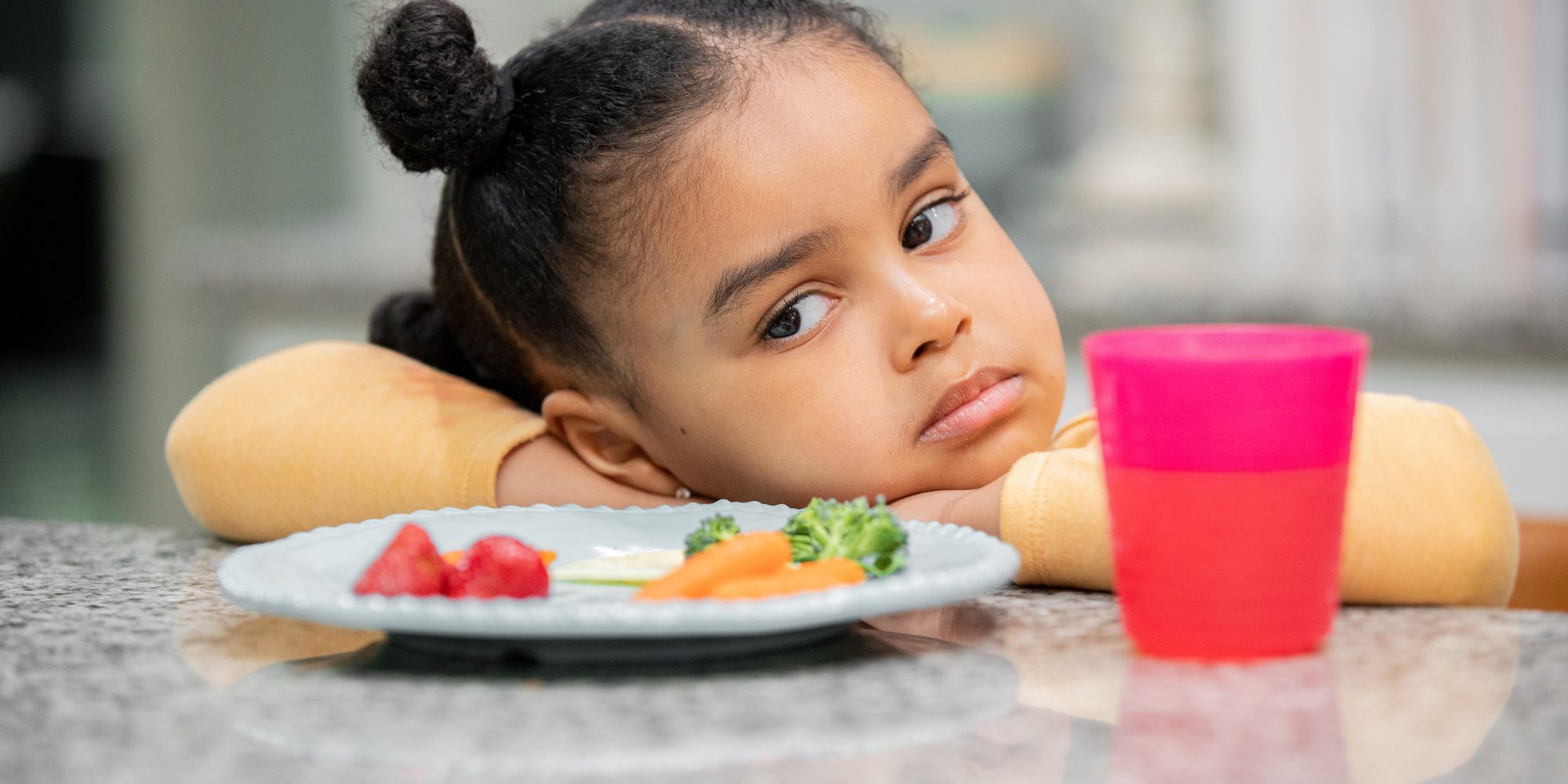.jpg?ext=.jpg)

How Games and Puzzles Affect a Child's Health
Games and puzzles are more than just fun activities for children. They provide numerous benefits for a child's health and well being, impacting everything from cognitive development to emotional health. In this post, we'll explore how games and puzzles affect a child's health and provide tips for parents on how to incorporate them into their child's daily routine.

Cognitive Development
Games and puzzles are great for promoting cognitive development in children. They can improve problem-solving skills, memory, attention span, and critical thinking abilities. Games that involve strategy or planning, like chess or checkers, can help develop executive function skills, which are important for success in school and life.
Language and Communication Skills
Certain games and puzzles can help improve a child's language and communication skills. Word games, like crossword puzzles or Scrabble, can help expand a child's vocabulary and improve their spelling. Board games that require talking or negotiating, like Monopoly or Settlers of Catan, can help develop social skills and promote verbal expression.
Emotional Health
Games and puzzles can also have positive effects on a child's emotional health. They can help reduce stress and anxiety, providing a fun and relaxing outlet for children. Cooperative games, where players work together to achieve a common goal, can help develop teamwork and empathy skills.
Physical Health
Games and puzzles can even have physical health benefits for children. Outdoor games, like tag or soccer, can help promote physical activity and improve cardiovascular health. Fine motor skills can be developed through puzzles that require dexterity, like building blocks or jigsaw puzzles.

Tips for Incorporating Games and Puzzles
Here are some tips for parents on how to incorporate games and puzzles into their child's daily routine:
Create a game or puzzle night - Set aside a specific night of the week for playing games or doing puzzles as a family.
Stock up on games and puzzles - Keep a variety of games and puzzles on hand for your child to choose from.
Join a club or group - Look for local clubs or groups that specialize in games and puzzles, providing your child with an opportunity to socialize with others who share their interests.
Use games and puzzles as rewards - Encourage your child to complete tasks or chores by offering games or puzzles as a reward.
Make it fun - Remember that games and puzzles are supposed to be fun! Don't make them feel like work.

In conclusion, games and puzzles provide numerous benefits for a child's health and well-being, from cognitive development and language skills to emotional and physical health. By incorporating games and puzzles into their child's daily routine, parents can help promote their child's overall health and happiness.



.jpg?ext=.jpg)




Comments